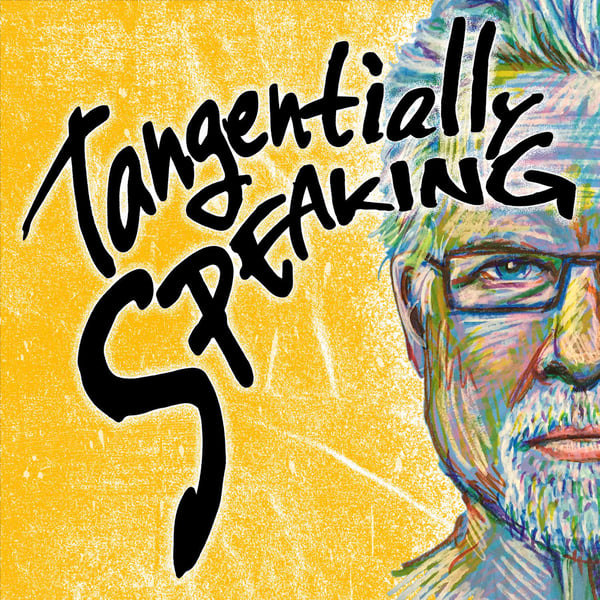427 - Diana Rodgers (Sacred Cow)
Tangentially Speaking with Christopher Ryan
Chris Ryan
4.8 • 2.3K Ratings
🗓️ 6 July 2020
⏱️ 69 minutes
🧾️ Download transcript
Summary
Diana Rodgers, RD, is a “real food” nutritionist and writer living on a working organic farm. She runs a clinical nutrition practice, hosts the Sustainable Dish Podcast, and speaks internationally about human nutrition, sustainability, animal welfare and social justice. Together with Robb Wolf, Diana has created Sacred Cow, a documentary film and book exploring the ways regenerative agriculture can lead to better health for humans, animals, and ecosystems. Far from being the destroyers of land, she argues, cattle can help bring it back from desertification.
Find me on Instagram or Twitter.
Please consider supporting this podcast.
This Amazon affiliate link kicks a few bucks back my way.
Intro music: “Brightside of the Sun,” by Basin and Range; "I Wish I Was a Cowby" by S.E. Rogie; “Smoke Alarm,” by Carsie Blanton.
This is a public episode. If you’d like to discuss this with other subscribers or get access to bonus episodes, visit chrisryan.substack.com/subscribe
Transcript
Click on a timestamp to play from that location
| 0:00.0 | Radio Mano, Papa Tzango |
| 0:02.0 | Hey everybody, I'm gonna get to this really cool |
| 0:30.0 | I'm gonna get to this really quickly because this is an episode that I wanted to post right away. |
| 0:37.7 | This is about a movie and a book called Sacred Cow. My guest is Diana Rodgers. She is together with |
| 0:45.2 | Rob Wolf responsible for both projects, obviously they're coordinated projects. And it's about |
| 0:53.6 | regenerative agriculture. If you don't know what that is, you're going to find out. |
| 0:59.8 | It's basically approaching agriculture from the perspective that I approach everything from, |
| 1:06.8 | which is what is a way of doing this in the modern world that most closely replicates the |
| 1:15.5 | patterns and relationships that have been established by millions of years of natural evolution. |
| 1:22.6 | So how can we eat and provide food for ourselves in ways that have the least possible amount of |
| 1:36.2 | damaging effects to the environment, to the animals, and to our own health. |
| 1:41.7 | It's very interesting and very important topic. I've had Lear Keith on to talk about |
| 1:49.1 | vegetarianism and the myth of vegetarianism is the name of her book. I know there's a lot of |
| 1:57.5 | passion around this topic. We Diana and I sort of made a point at the beginning of our conversation |
| 2:08.4 | and I'd like to make it again now so some of you won't abandon this just because you're triggered |
| 2:17.1 | by it. But I don't see, I don't acknowledge the conflict between meat eaters and vegans and |
| 2:27.9 | vegetarians. I don't think that's the real conflict. I think the conflict is between people who want to |
| 2:36.8 | take food seriously and think clearly about what they're doing and why they're doing it and |
| 2:43.8 | what effect it has on the earth, on other animals, and on their own health. I think the people who |
| 2:48.8 | are vegans or vegetarians generally are very concerned with those issues. In fact, that's |
| 2:54.2 | probably those issues are very much a part of why they are vegans and vegetarians. But there |
| 3:01.8 | are people coming at it from another perspective who do eat meat and they're motivated by the same |
... |
Please login to see the full transcript.
Disclaimer: The podcast and artwork embedded on this page are from Chris Ryan, and are the property of its owner and not affiliated with or endorsed by Tapesearch.
Generated transcripts are the property of Chris Ryan and are distributed freely under the Fair Use doctrine. Transcripts generated by Tapesearch are not guaranteed to be accurate.
Copyright © Tapesearch 2025.

